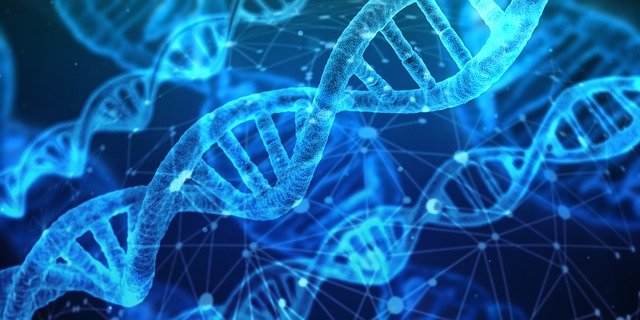Precision nutrition – the next frontier of obesity treatment and prevention
Working with a trained practitioner to craft a diet plan based on your genetics will give you the best chance of healthy, sustainable weight loss
Johannesburg, 2 March 2022: Incidences of overweight and obesity are increasing in South Africa and worldwide. According to the World Health Organisation, obesity has nearly tripled since 1975. In 2016, 39% of adults aged 18 years and over (1,9 billion people) were overweight, and 13% (650 million people) were obese.1
Obesity is not just a cosmetic concern. It’s a medical problem that increases the risk of many other serious diseases and health problems, such as coronary heart disease, stroke, diabetes, high blood pressure, certain cancers, and susceptibility to viral infections.
There are many reasons why some people have difficulty losing weight. Usually, obesity results from inherited, physiological and environmental factors, combined with diet, physical activity and exercise choices.
“The good news is that personalised treatments tailored to patients’ genetic profiles make it easier to recommend diet and lifestyle changes in order to manage weight,” says Helen Gautschi, research and education manager at DNAlysis Biotechnology, one of South Africa’s premier genetic testing laboratories. “Understanding the genetic components of obesity for each patient provides insight into which diet type (low carbohydrate, low fat, or Mediterranean diet), would be most suitable for the individual, according to their unique genetic makeup.”
Gautschi explains that there is no “one-size-fits-all” when it comes to weight loss. “Genetics is a strong contributing factor to obesity and its comorbidities, with genetic factors accounting for between 25% and 70 % of the body weight variability between people. For example, there is a link between certain gene variants and the sweet tooth, with some people genetically attuned to crave sweet sustenance. How we deal with stress, respond to food cues, control our appetite, break down and remove toxins from the body – all these facts have a genetic component to them.”
Screening for at-risk individuals allows for genetic risk scores (GSRs) that give insight into possible barriers to weight loss and the diet and lifestyle interventions that are most suitable for you, based on your own unique, genetic makeup. It helps you understand how your genetic profile can impact your response to different eating plans and which type of diet is best for you.
Because there is no one diet or way of eating that is correct for everyone, genetic testing is helpful for anyone who is trying to lose weight, has struggled to lose weight in the past, has tried many different diet types without success, or who wants to optimise their macronutrient distribution for improved weight management. DNA testing also facilitates obesity prediction, allowing for preventative action to be taken, where possible.
While genetics is not everything, it is an important piece of the puzzle that should not be overlooked,” Gautschi says. “Studies show that dietary intake and nutrition knowledge is greatly improved in individuals who received personalised nutrition advice, compared to generalised diet advice. Looking at the genes that have an impact on metabolism, absorption and storage of fats and carbohydrates, assists in creating a personalised diet and exercise plan tailored to the needs of the patient.”
“We have also seen that it is far easier for people to maintain a healthy diet and lifestyle when they know which food and exercise choices are best for them,” says Gautschi. “The motivation to change their behaviour is much stronger because they have greater confidence that the personalised plan will work for them.”
Visit https://dnalysis.co.za to find an accredited practitioner or buy a DNA test online. A trained nutritionist from the DNAlysis accredited network will guide you through the process.
Ends
Reference:
- World Health Organisation. Obesity and Overweight. [Feb 2022]. Available from: https://www.who.int/news-room/fact-sheets/detail/obesity-and-overweight
Press Contact:
Mantis Communications
Kerry Simpson
Tel: 079 438 3252
Email: [email protected]












